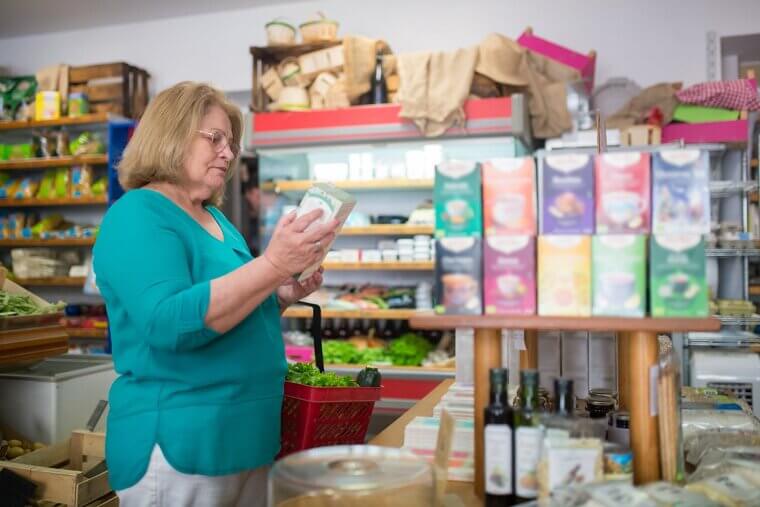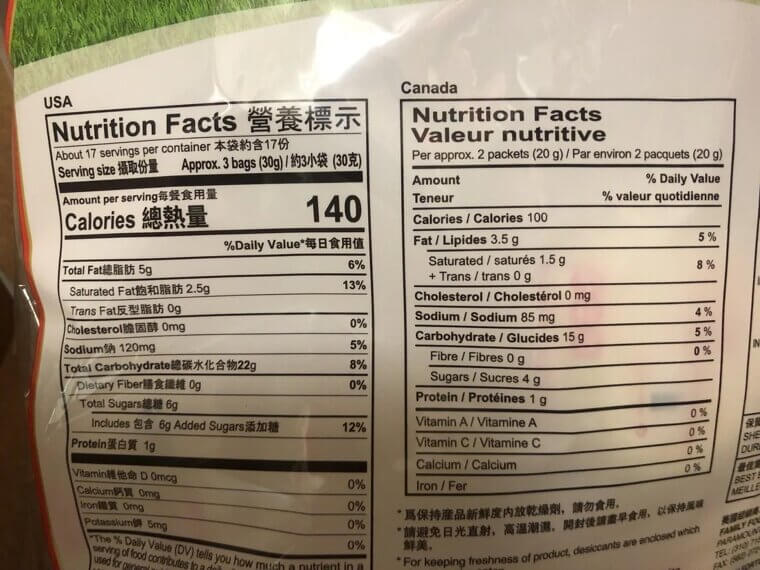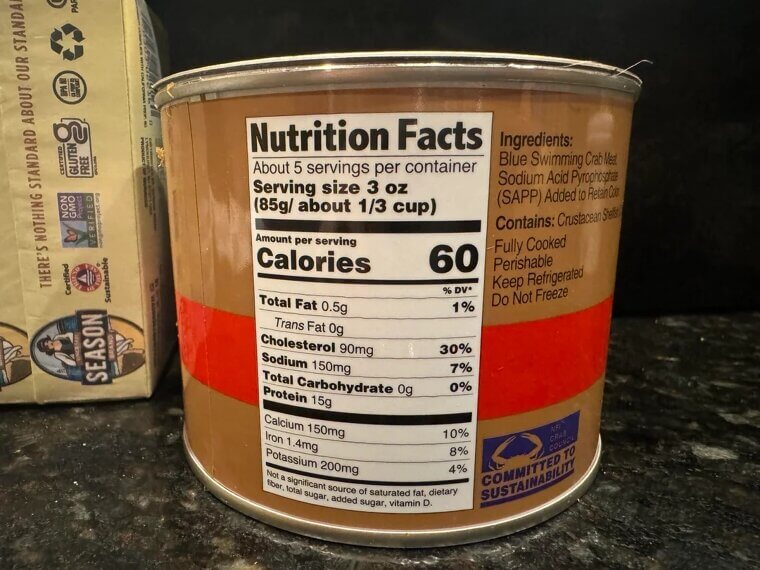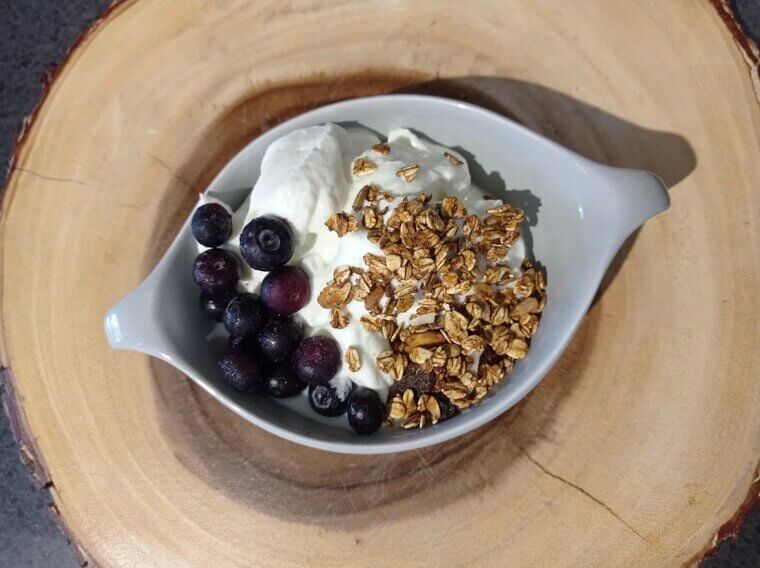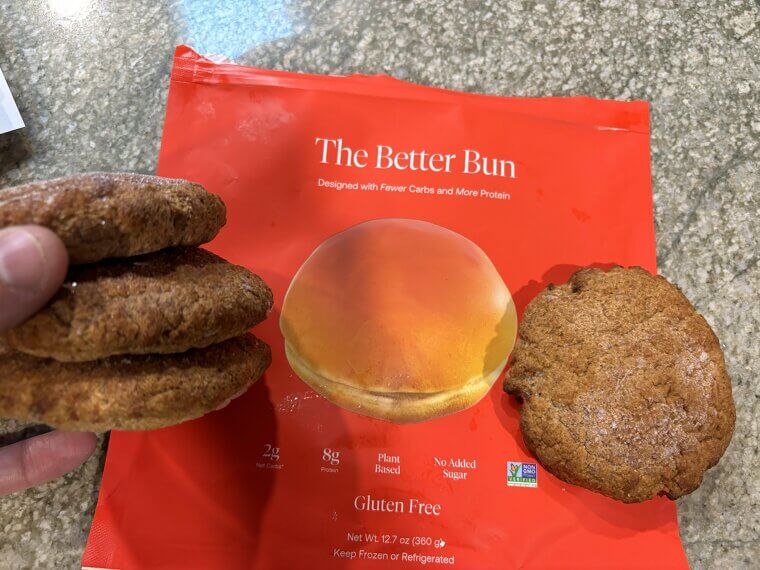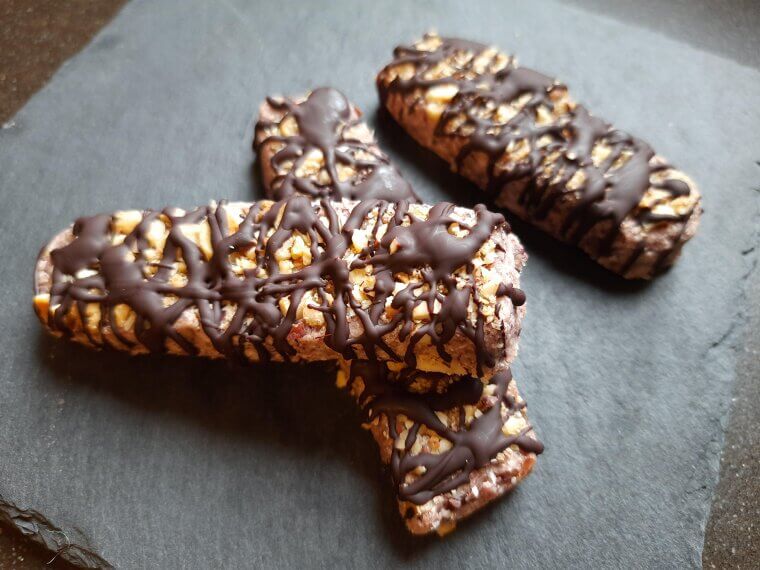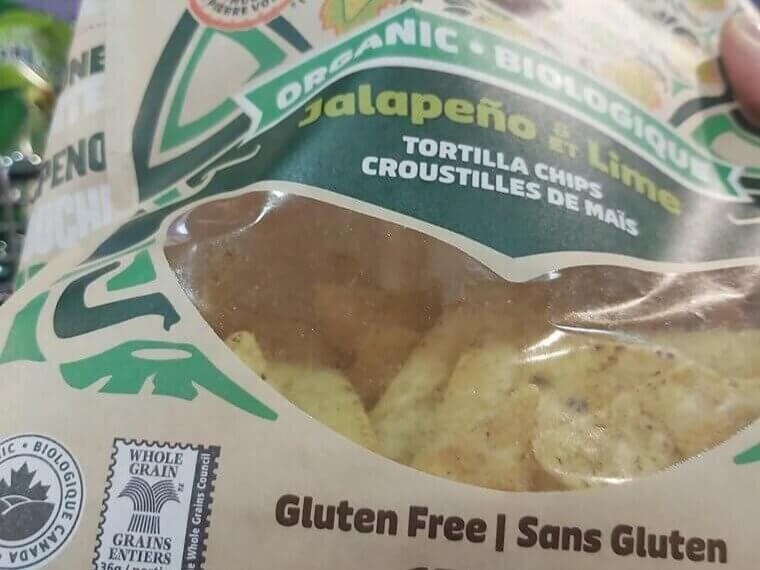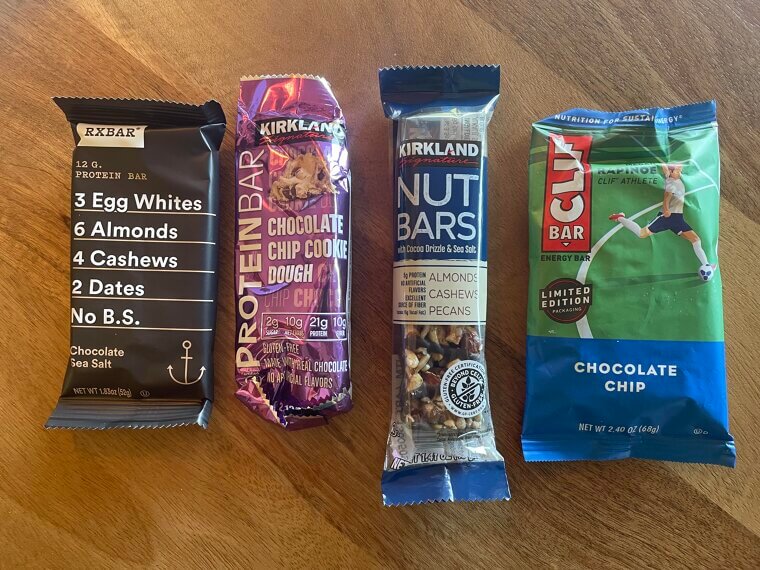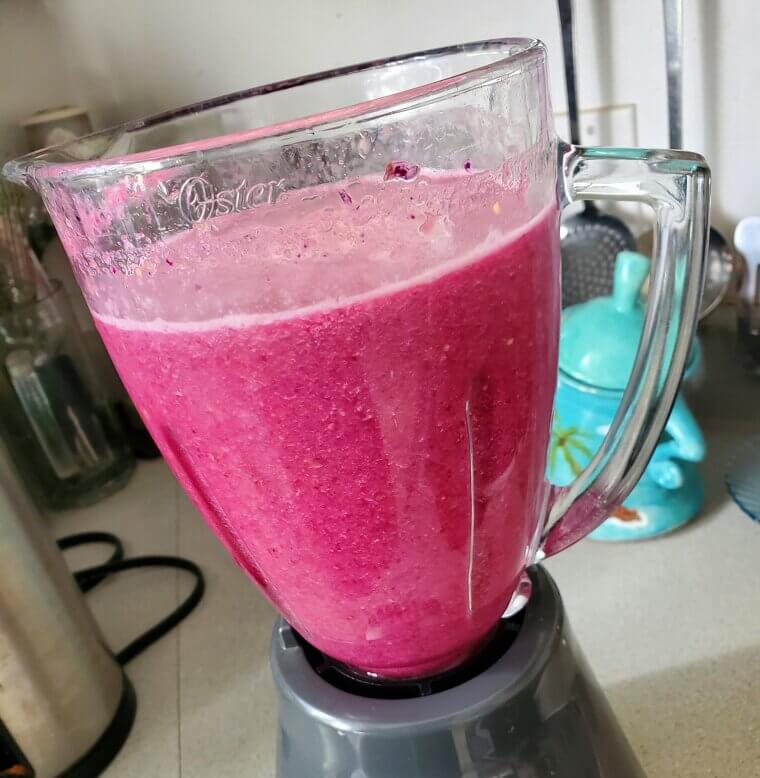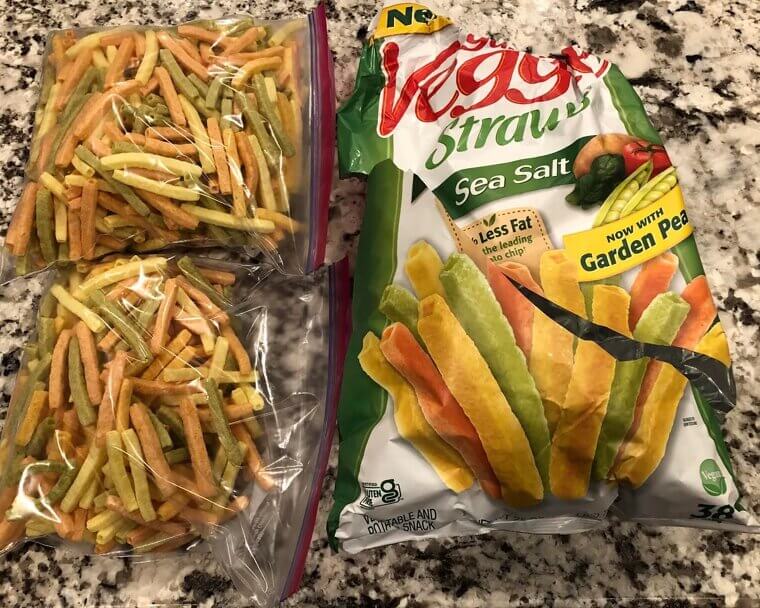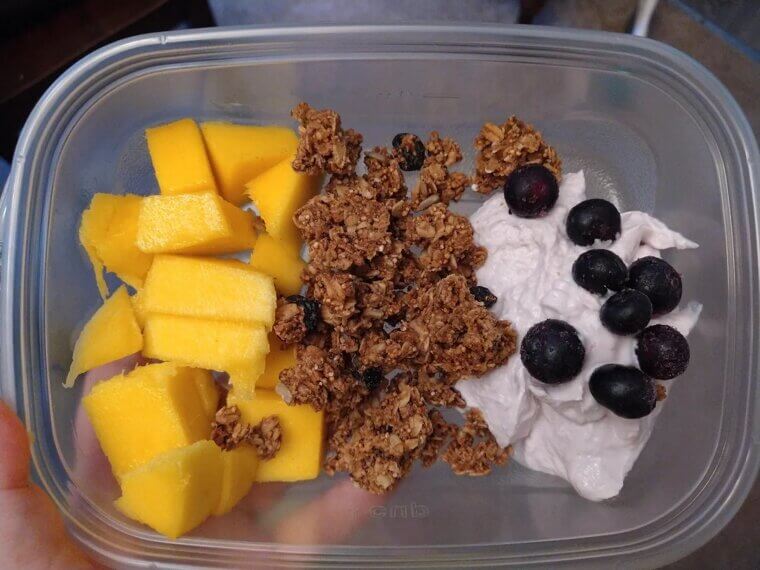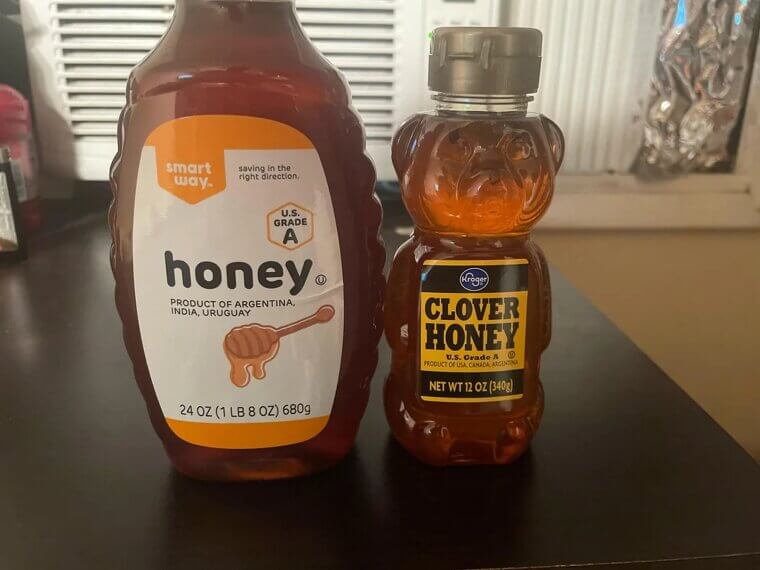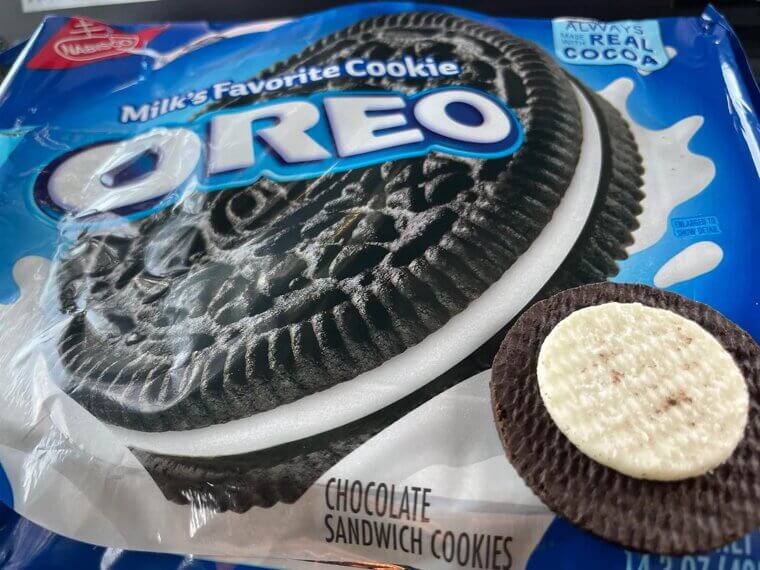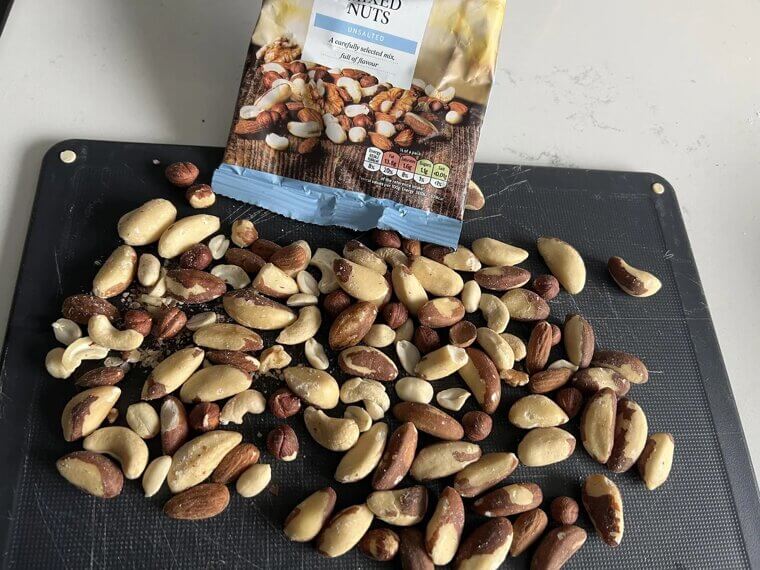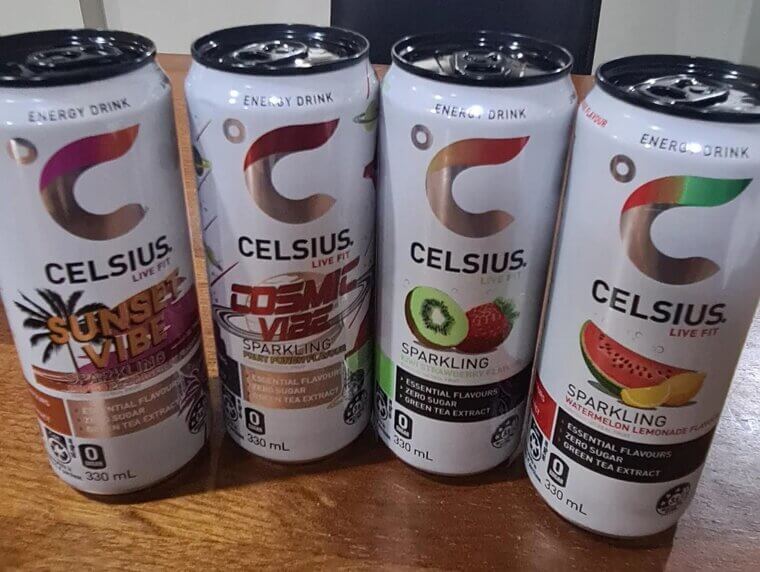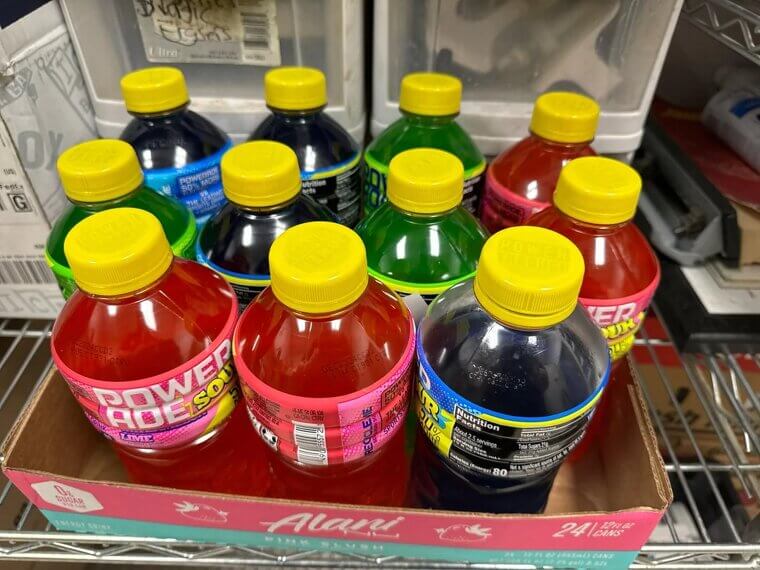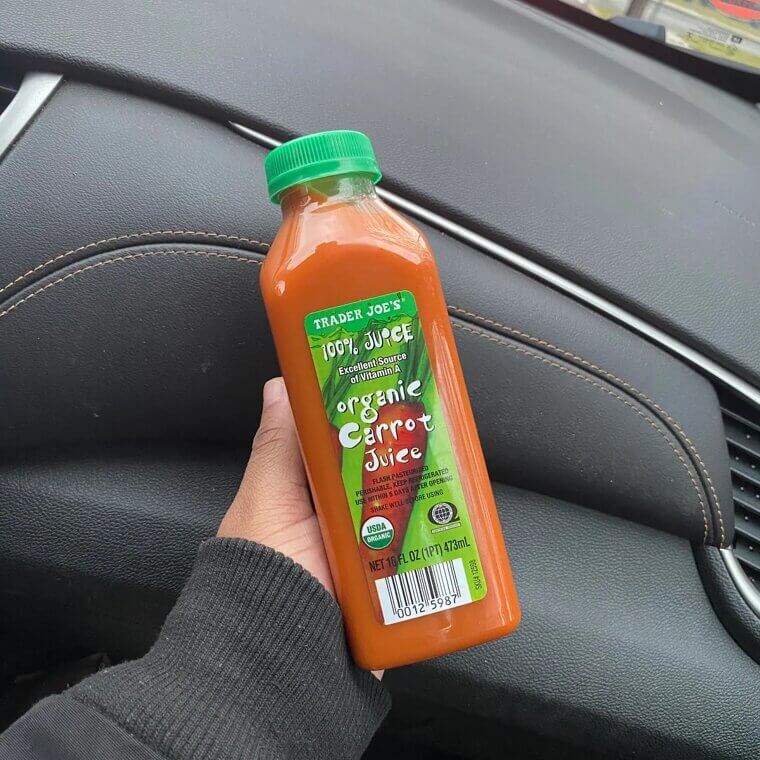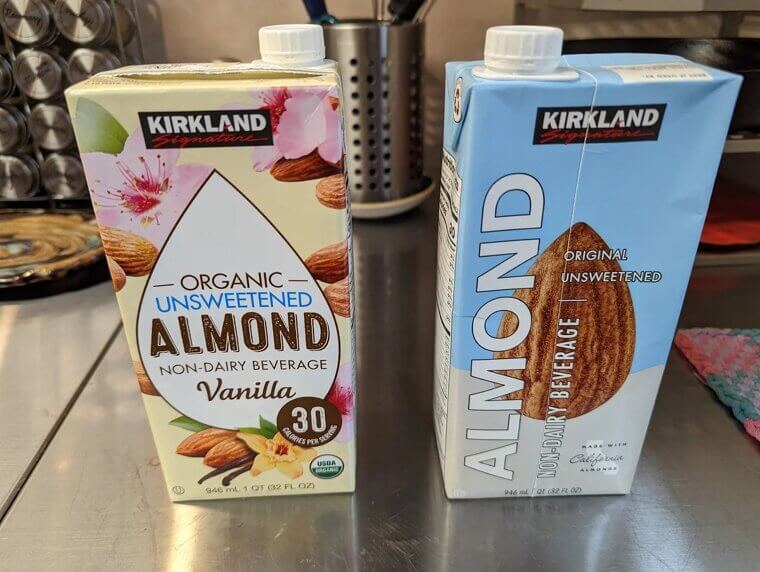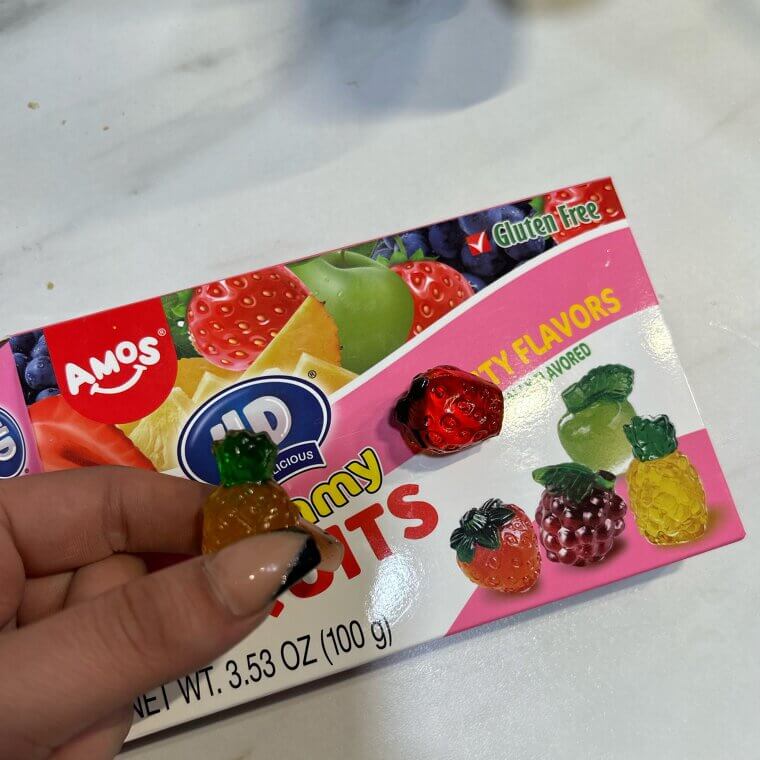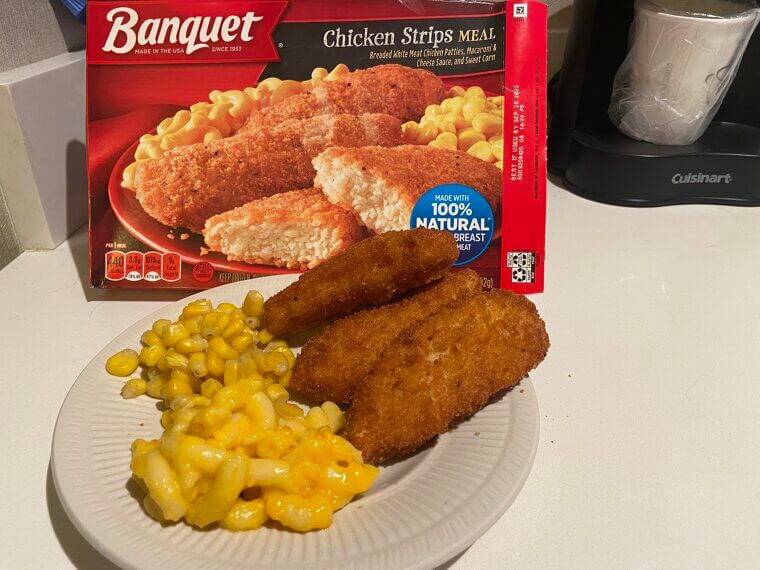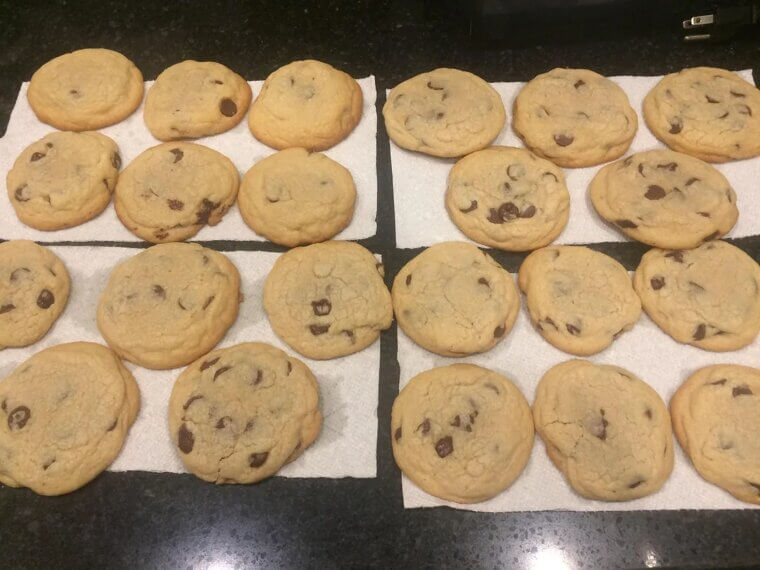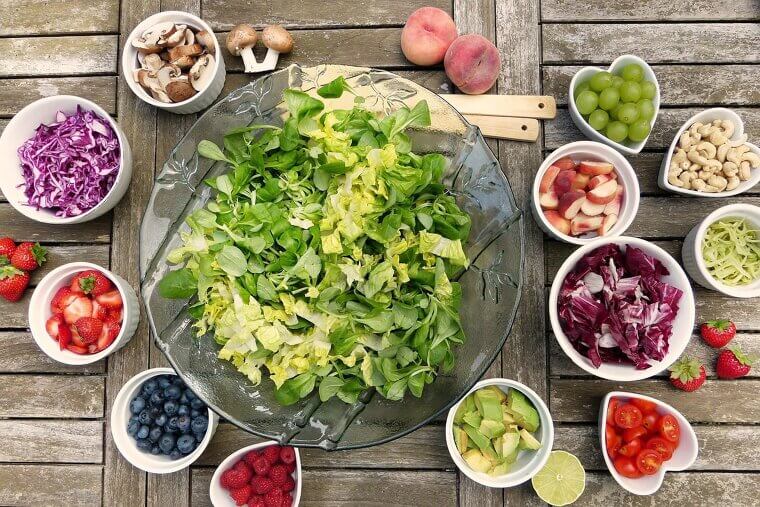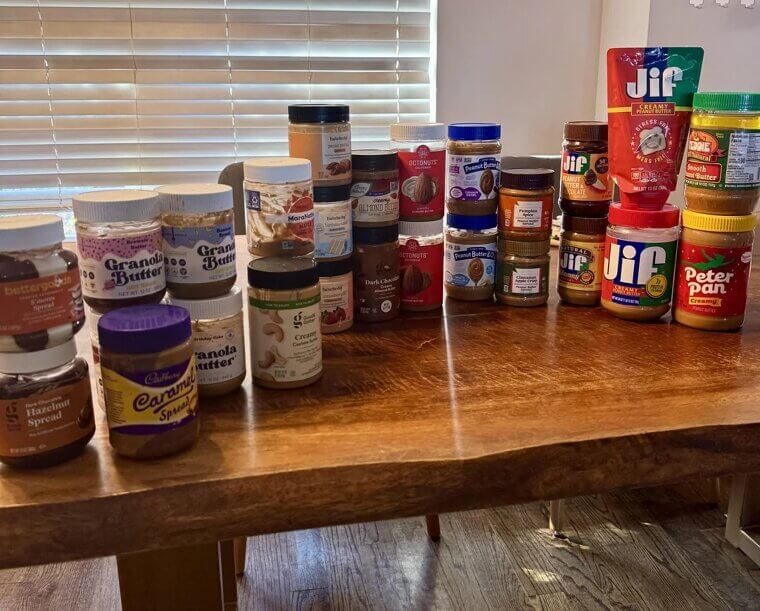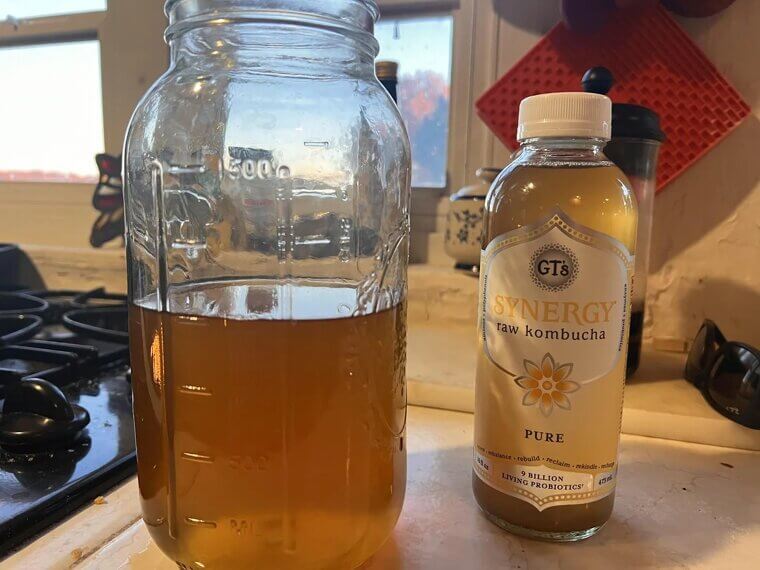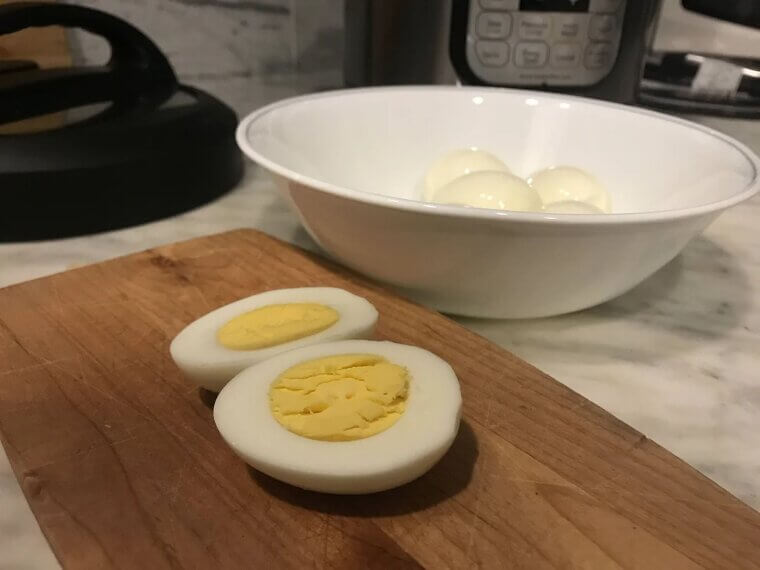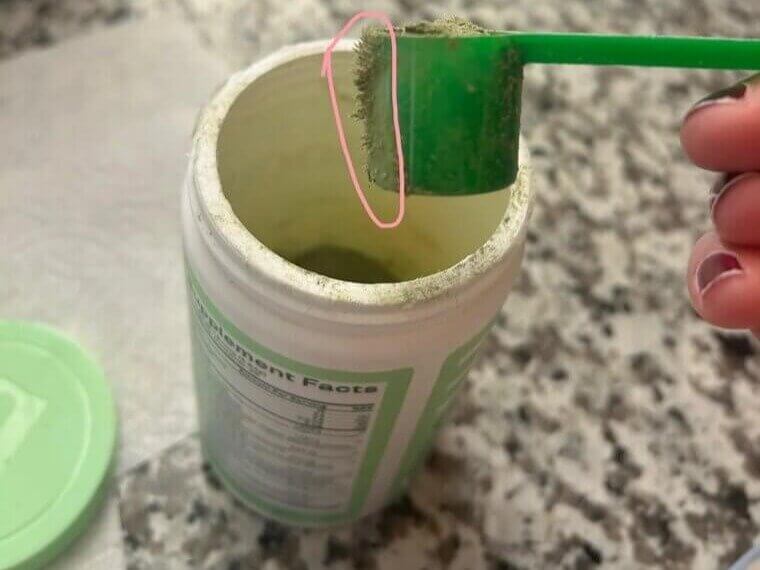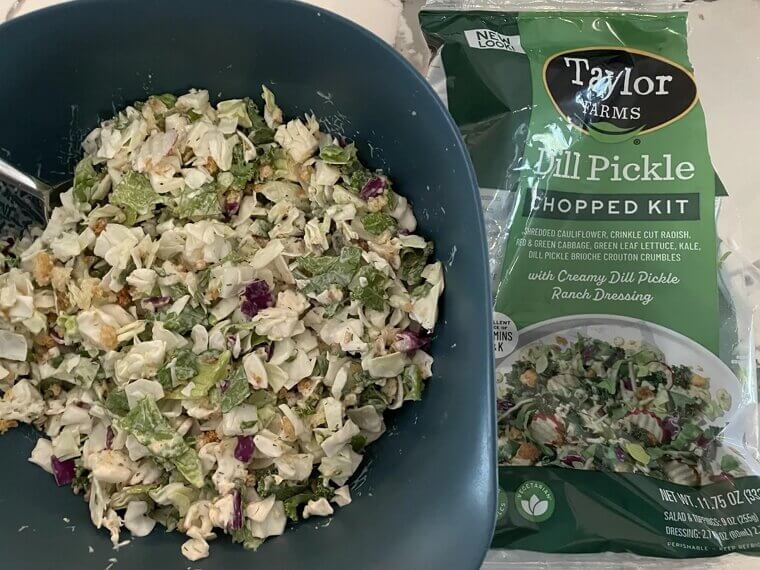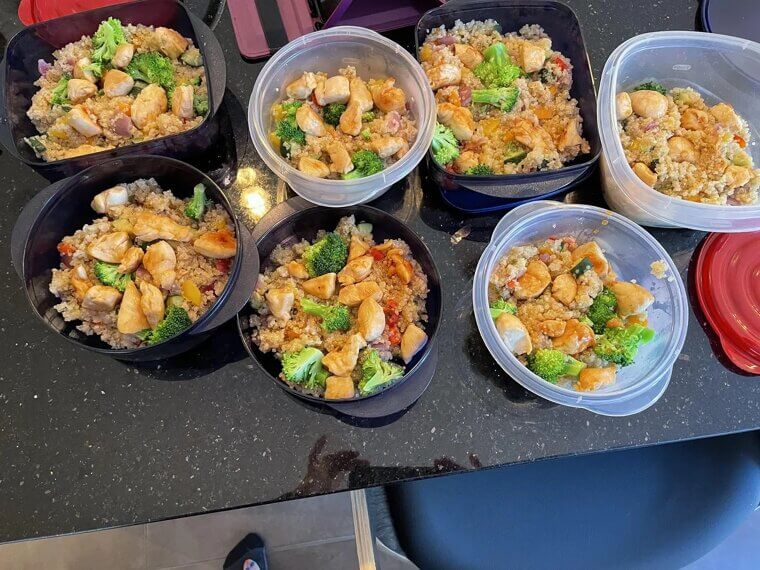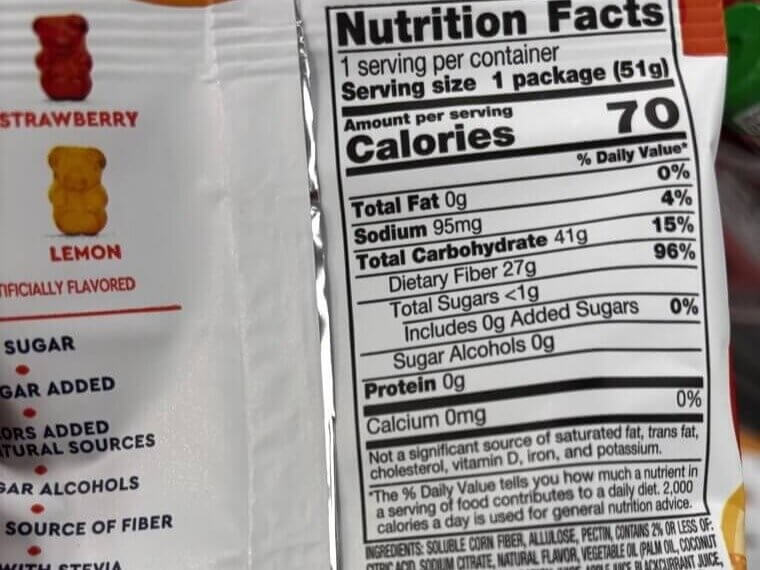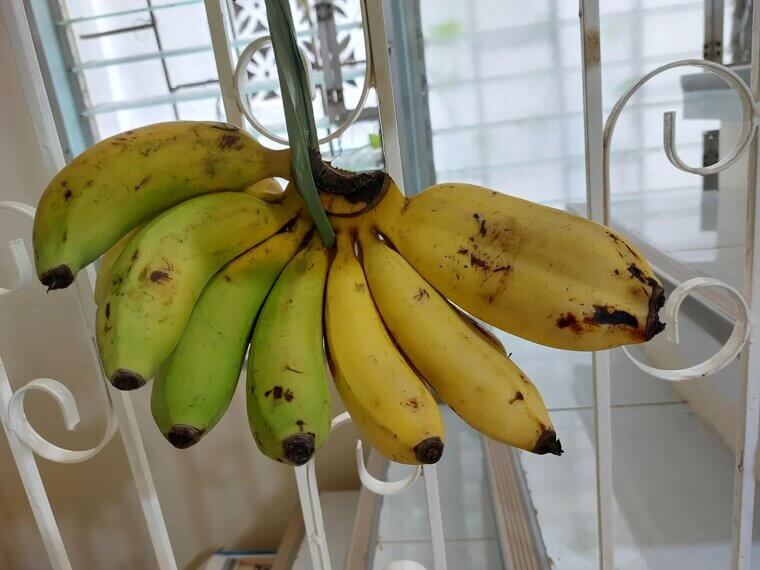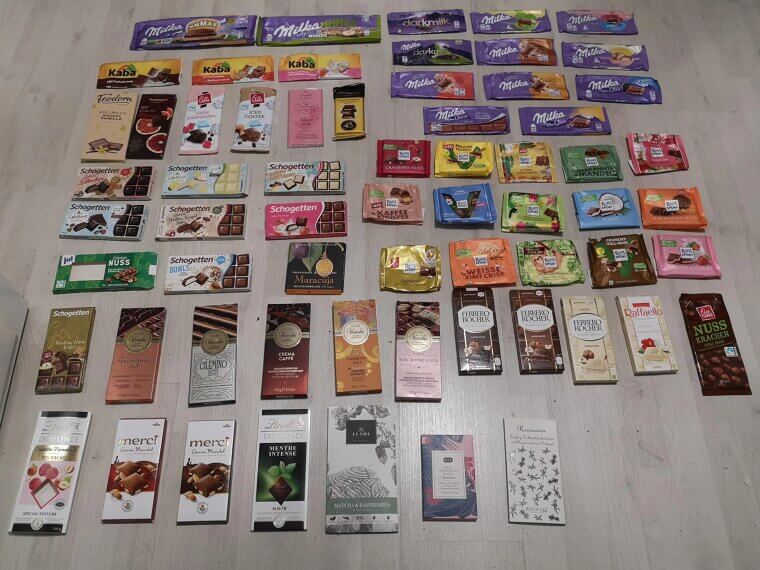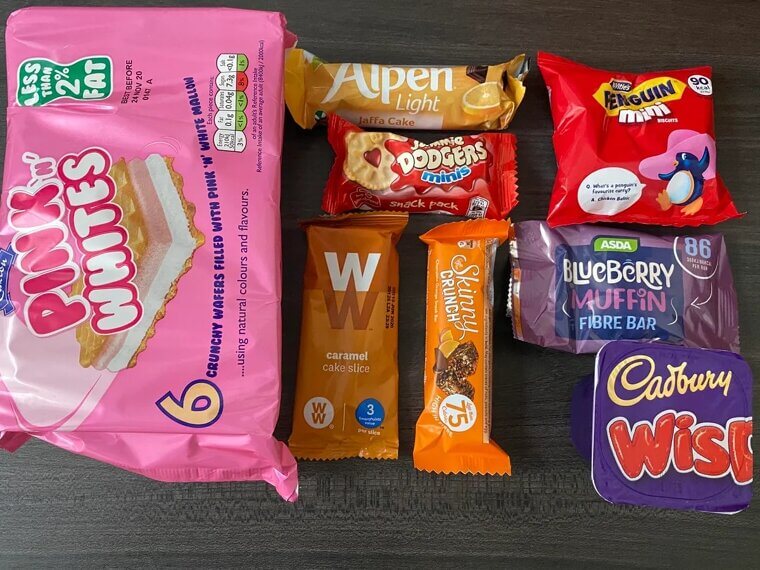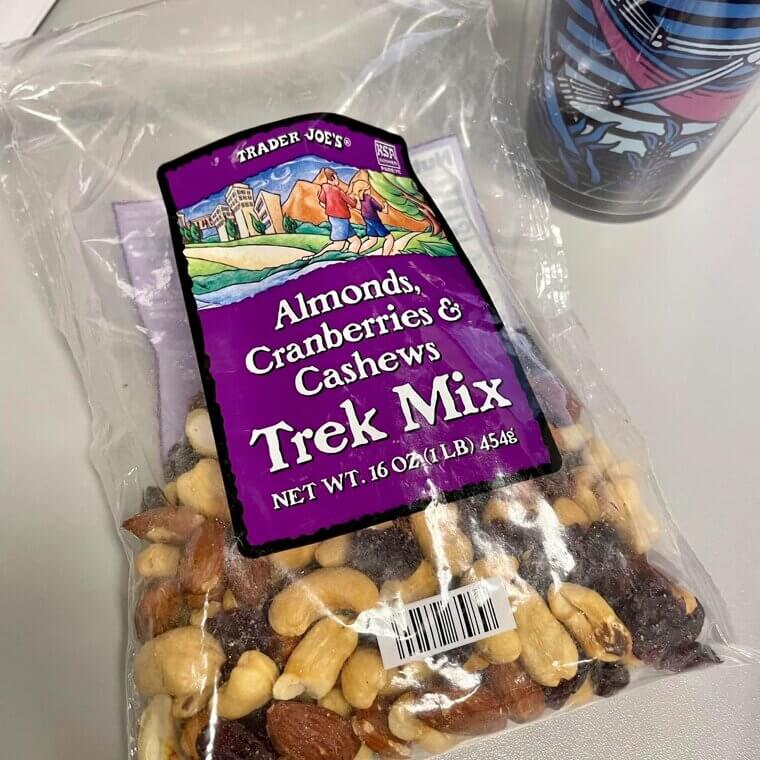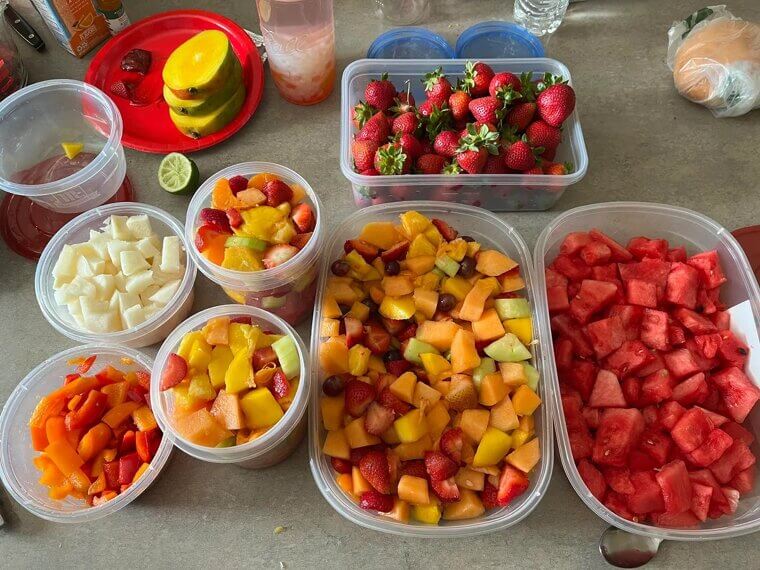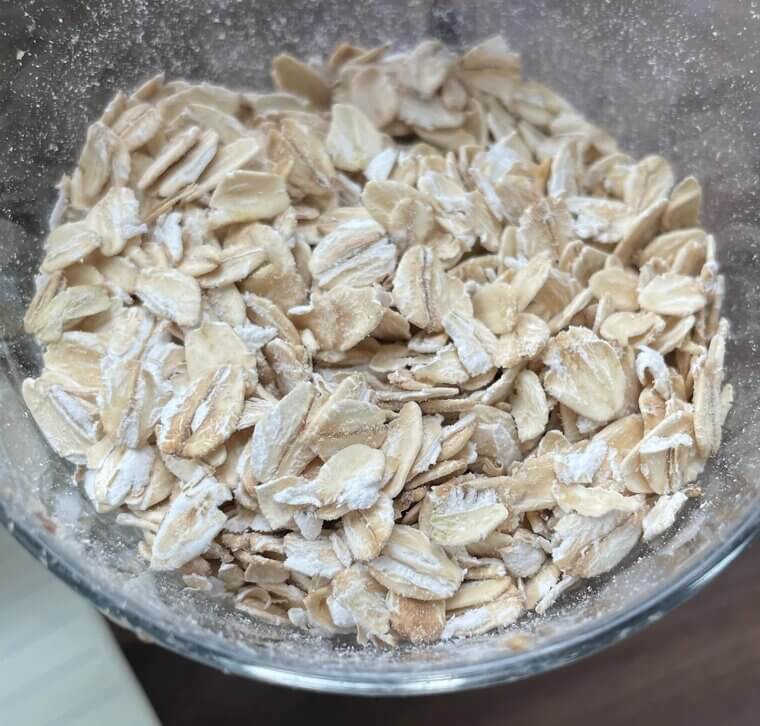Sweet Little Lies
So many packaged foods that claim to be healthy are packed with sugar. Even if the sugar is labeled as “organic” or “raw,” it’s still sugar. Your body doesn’t care what name it has, and you’re basically paying for fancy wording.
Tiny Servings = Big Calories
Have you ever looked at the nutrition label on your food products? The serving size is always small, right? That tiny granola bar might say 100 calories, but who eats half a bar? By the time you’ve finished the pack, you’ve double or even tripled the calories.
Empty Buzzwords
We’ve all seen the buzzwords on food items. Words like "clean," "wholesome," and "natural" make your food products seem healthier. But, they’re nothing more than marketing tricks. There’s no rule against using these terms, so companies slap them on to grab your attention. All you’re really buying is hype.
Low-Fat Lies
When the fat gets removed from food, something has to replace it, right? Usually, it’s sugar. Low-fat yoghurt or healthy muffins hide spoonfuls of extra sugar to make up for the flavor. The result? You’re paying for a sweeter and less healthy snack.
Gluten-Free Doesn’t Equal Healthy
Going gluten-free makes sense if you have an intolerance or celiac disease, but not every gluten-free product is good for you. Things like cookies, cakes, or crackers pack in more sugar and fat than the original, so you’re buying junk food in disguise.
Processed in Disguise
Your energy bar might look natural with all that oats and nuts in the picture on the wrapper. But the real product inside is processed. Almost every bite is packed with preservatives, syrups, and fillers to make it look more natural.
Pricey and Pretty Packaging
It’s a sad day when you discover that the fancy box or eco-friendly bag your food comes in costs more than the food inside. That’s where a big chunk of your money goes - the branding. Instead of spending $5 on snacks, you’re paying $7 because it’s in a cute wrapper.
Protein or Candy Bar?
Protein bars are every gym bunny’s best friend. But did you know that they’re loaded with sugar, chocolate coating, and other unhealthy ingredients? They’re essentially candy bars in disguise. You’d be better off eating a boiled egg or even plain nuts for some real protein.
Smoothie Schmoozie
Bottled smoothies may look healthy, but many of them contain as much sugar as a can of soda. That fruit flavor is often from a juice concentrate and not freshly squeezed. Drinking one every day isn’t cleansing your body; it’s spiking your blood sugar levels.
Veggie Chips That Aren’t Veggies
Veggie chips make you feel like you’re eating healthy, right? Let’s be real - they’re not the same as broccoli or carrots. Most of the veggie chips you find at the grocery store are baked or fried starch with a sprinkle of veggie powder. Crunchy? Yes. Healthy? Not so much.
A Granola Calorie Bomb
Granola is often marketed as a health food, but it’s super sneaky. Just one cup has over 500 calories, made up of mostly sugar and oil. It’s fine if you sprinkle it on your yogurt, but eating it like cereal is a bad idea.
Sugar Is Still Sugar
Coconut sugar, agave syrup, honey, and maple syrup all have one thing in common: your body processes them as sugar. By choosing these products, you’re not escaping the sugar trap - you’re simply paying more for a new label. Marketing and clever words make it seem healthier.
Plant-Based Junk
The words “plant-based” fool a lot of people into thinking their food choices are healthier. Yes, they’re a better option, but they’re still not as healthy as they should be. Potato chips and Oreos fall into this category and are essentially ultra-processed junk.
Fake Nutrients
Packaged “health” foods lose vitamins and minerals during processing. To make them sound healthy again, companies sprinkle in a bit of synthetic nutrients that do nothing to mask the highly processed ingredients. You’ll be much healthier choosing fresh, whole foods instead.
“Clean” Energy Drinks
There’s no such thing as a clean energy drink. Slapping a green leaf on the can or promising natural ingredients doesn’t make them healthier. Want energy? Try a coffee, a glass of water, and a banana instead. It’s cheaper and way more effective.
Sports Drink No-Nos
Sports drinks were originally created for athletes running marathons or to replenish what is lost after a strenuous gym session, not for someone lounging on the couch or sitting behind a desk all day. If you’re not sweating buckets, skip the sports drink. You’re paying for pricey soda water with a health label.
A Juice Cleanse Farce
Juice cleanses are not the miracle cure you think they are. All you’re doing is starving your body of real nutrients while spending $100 or more a week. At the end of the week, you’re tired, cranky, and broke. Whole fruits and vegetables cost way less and keep you full and energized.
“Healthy” Milk Mixups
Oat milk, almond milk, and other plant-based “dairy” drinks sound great, but they’re really full of oils, gums, and additives to keep them smooth. A plain carton of cow’s milk, or just eating the nuts and oats themselves, is way cheaper and packed with more real nutrition.
“Made With Real Fruit”
Don’t be fooled when you see gummies or drinks with “made with real fruit” on them.” Spoiler alert: they’re not. It’s usually just a tiny splash of fruit puree mixed with a ton of sugar and coloring. That fruit on the packaging is just marketing and not in your expensive snack.
Salty Frozen Meals
Frozen “healthy” dinners may look appealing on the body, but they are often packed with sodium and preservatives to last in the freezer. Yes, they’re convenient, but they’re not nutritious. You may find that cooking fresh meals is not only cheaper but also tastier and healthier.
Organic Cookies Are Still Cookies
Organic chocolate chip cookies are pricey and don’t magically become healthy just because they have the word “organic” in the name. They’re still made with flour, sugar, and fat, but using organic ingredients. Your body won’t notice the difference, and you’re paying more for the same indulgence.
“All Natural” Means Nothing
“All natural” sounds super healthy and amazing, right? Wrong! It has no strict definition, and companies use it on their products, even if those products are processed and filled with sugar. The worst part is that you pay more for these products.
Fancy Nut Butters
Fancy nut butters with “superfood” claims sneak in sugar, oils, and extra flavorings. And they charge double the price of plain peanut butter. You’re just paying for the extra label, not the better nutrition. Real nuts or good old plain peanut butter do the exact same job.
Kombucha? More Like Pricey Soda
Kombucha is trendy, but many of the store-bought options you're familiar with are just expensive, slightly tangy sodas with a probiotic label slapped on them. Yes, it can have some health benefits, but so does eating a bowl of yogurt that costs way less and isn’t filled with sugar.
High-Protein Snack Pitfalls
Snacks labeled as high-protein, such as chips or cookies, often use processed powders and fillers instead of real protein. They also cost way more and don’t keep you full for long. Save yourself the extra money and opt for boiled eggs or a piece of chicken as your protein fix.
Superfood Powder Scams
We’ve all seen influencers advertising superfood powders on social media. Here’s a little secret - a $40 jar of green powder won’t beat eating actual spinach, kale, or blueberries. Your wallet shrinks, but your nutrition doesn’t improve much, so it’s pointless, really.
Packaged Salad Sticker Shocks
Packaged salads look healthy and convenient, but you’re often paying triple the cost of making one yourself with fresh ingredients. On top of that, many come with fatty dressings and croutons that turn them into calorie bombs. You’re better off chopping a head of lettuce.
Wellness Bowls
Have you seen those microwaveable “wellness bowls” at your local grocery store? They look yummy, but they’re loaded with sodium, oils, and preservatives. The colorful package sells you the idea of health, but the ingredient list tells an expensive story. Cook your own veg and quinoa and save some money.
A Sugar-Free Chemical Party
Sugar-free snacks and food products often swap the sugar for questionable sweeteners like aspartame or sucralose. And, they’re usually more expensive. They might save you a few calories, but they leave you feeling bloated and craving more sweets and snacks.
Pointless Non-GMO Labels
Seeing “Non-GMO” labels on things like salt, water, and foods like bananas that never contained GMOs in the first place is just marketing. You’re paying extra for a claim that means absolutely nothing. Don’t let a pointless label trick you into wasting your money.
Packaging Psychology Tricks
Bright colors, earth tones, and pictures of farms make you think your food product is healthier than it really is. Companies spend millions designing packaging to trick your brain. All you’re doing is paying for a design team and not nutrition.
Hidden Oils
Health fanatics beware - even your snacks labeled as “light” or “healthy” often contain ingredients like palm or vegetable oil that add calories but little to no nutrition to your food. Real whole nuts or fruit are cheaper and give you energy without the hidden extras.
Pricey Snack Packs
Pre-packaged snack packs of nuts for trail mix are convenient if you’re on the go, but they cost twice as much as a bag of nuts. A little prep at home will save you money and give you bigger portions. When you buy pre-packaged, you’re paying for the package.
Pre-Cut Fruit Ripoffs
Buying pre-cut fruit and vegetables is one of the biggest money wasters. You pay double for the same fruit, just sliced up and thrown in a plastic bowl. It also spoils faster, so you’re essentially throwing money away if you don’t eat it fast enough.
Real Food Wins Every Time
Whole foods, such as apples, eggs, vegetables, and oats, are always cheaper and healthier than their packaged counterparts. When you buy the real thing, you save money, avoid the hidden junk, and know exactly what you’re eating. Real food doesn’t need fancy labels.

